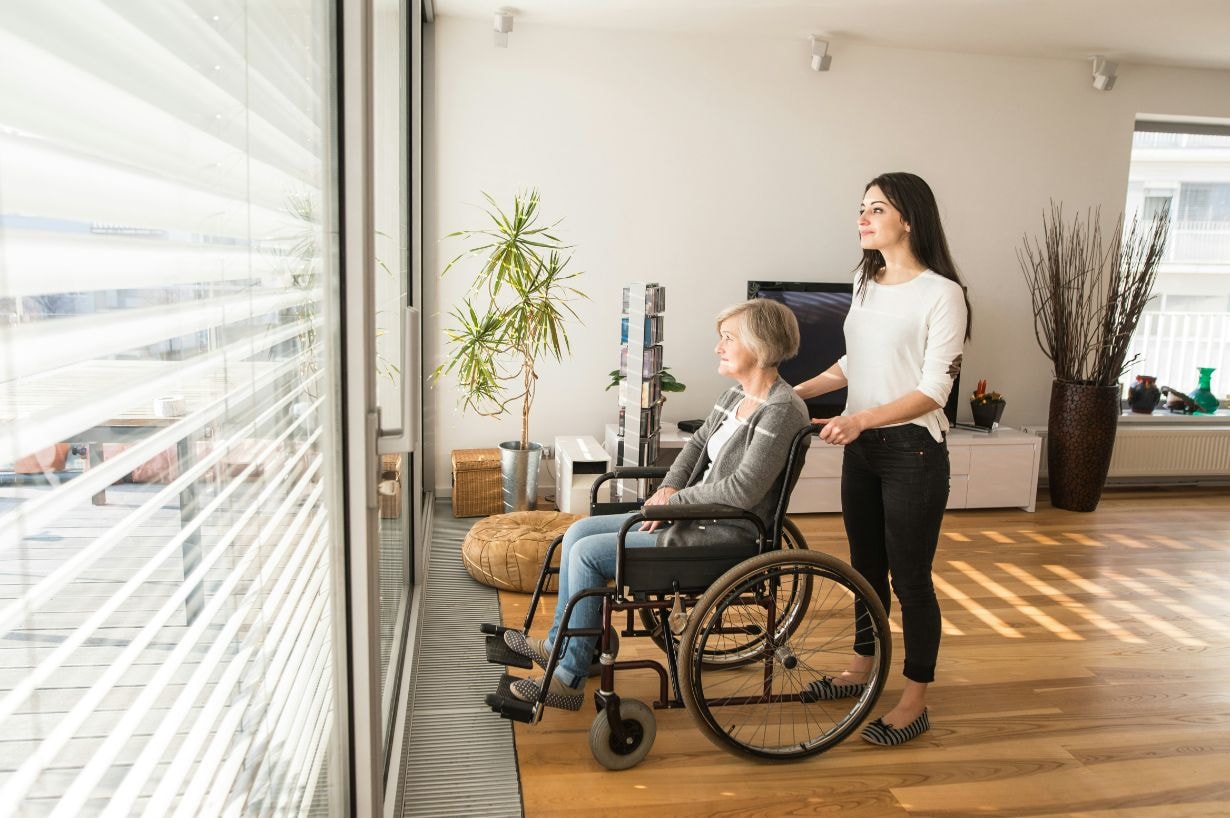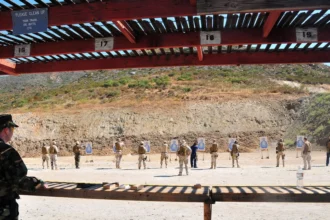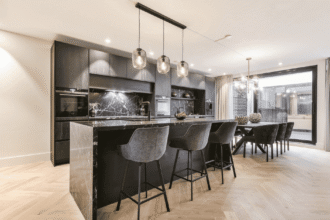Short-Term NDIS Stays: What’s Included and What’s Not?
In Melbourne, for many people with disabilities, the NDIS not only offers financial support but also a sense of independence, choice, and control over their life. Short-term Accommodation (STA) is an important but frequently overlooked component of the National Disability Insurance Scheme.
- What is Meant by Short-term NDIS Stays?
- What Is Included in NDIS Short-Term Stays?
- Accommodation:
- Support and Personal Care
- Nutrition and Meals
- Access to the Community and Social Events
- Opportunities for Skill Development
- Qualified and Compassionate Staff
- What is Not Included in NDIS Short-term Stays?
- Costs For Non-NDIS-funded supports
- Nursing or Medical Care (Unless Specified)
- Long-Term or Permanent Accommodation
- Unauthorized or Informal Support
- Expenses of Non-Participants
- How to Select the Suitable STA Provider in Melbourne?
- Final Thoughts
This alternative, also known as respite care, provides participants and their families with a short break while allowing them to explore new situations, socialise, and grow personally. Short-term NDIS stays offer safe and temporary housing solutions to the people. These housing options are tailored to their individual needs.
But the question that arises is what actually is covered by Short-term NDIS stays and what’s not?
Stay with this post and you will clearly get the understanding of the scope and limitations of STA. It can surely help participants to make informed and better decisions and ensure they get the care they need.
What is Meant by Short-term NDIS Stays?
NDIS Short-Term Accommodation in Melbourne refers to financing for support and housing away from your usual residence. It is intended to provide a break for both participants and their carers. These stays can last up to 14 days and can be used for planned respite, emergency care, or simply to try new things in a safe setting. STA is normally covered by your NDIS plan’s category of “Core Supports – Assistance with Daily Life”.
What Is Included in NDIS Short-Term Stays?
Let’s look down the important components of a short-term NDIS stay:
Accommodation:
The most noticeable characteristic is where to stay. Participants are given a comfortable and safe living environment that matches their requirements. These lodgings could include group homes, apartments, or communal living areas. Some STA providers provide home-style settings with private or shared bedrooms as well as communal facilities for socializing.
Always confirm that the accommodation is wheelchair accessible and meets your specific needs.
Support and Personal Care
Participants get round-the-clock assistance with everyday duties like dressing, taking a shower, using the restroom, and managing their medications. Trained disability support professionals offer these services, customising their support to meet the needs and preferences of each client. During your stay, STA can adapt to your specific needs, whether you need vigorous support or need light direction.
Nutrition and Meals
Typically, the short-term stay includes wholesome meals and snacks. The majority of service providers provide vegetarian, halal, gluten-free, and allergy-sensitive food alternatives to accommodate dietary requirements. Additionally, some accommodations promote food preparation as a skill-building activity, providing a balance between freedom and support.
Access to the Community and Social Events
STA involves social interaction in addition to adjusting to a new environment. Participants frequently receive assistance in engaging in leisure or community-based pursuits such as:
- Visiting museums or parks
- Participating in local events
- Going shopping
- Engaging in group activities
These activities help people become more socially inclusive while also boosting their self-esteem and social skills.
Opportunities for Skill Development
Short-term NDIS stays might provide an excellent opportunity to develop independence. Many service providers include activities that promote living skills, such as:
- Budgeting and money management
- Public transportation training
- Cooking and cleaning
- Time Management
This support is critical, especially for people pursuing medium or long-term goals such as independent living.
Qualified and Compassionate Staff
Another essential feature of short-term stays is access to skilled and qualified support staff. These people are trained in disability care, behavior support, first aid, and mental health support. Participants can be certain that they are in good hands.
What is Not Included in NDIS Short-term Stays?
While STA provides numerous benefits, it is critical to recognise its limitations.This will help you avoid surprises later.
Here’s what is usually not included in NDIS short term stays:
Costs For Non-NDIS-funded supports
Participants must pay for personal expenditures like:
- Transportation other than pre-planned activities
- Unfunded entertainment or admission costs.
- Personal shopping
- Medical costs not related to daily assistance.
For example, if you decide to dine at a luxury restaurant or buy personal things during an outing, you will have to pay for them out of pocket.
Nursing or Medical Care (Unless Specified)
Medication reminders may be helped by support personnel, but any specialised nursing care or medical treatments usually need to be specifically covered by your plan or require additional money. The provider should be notified beforehand if a participant needs nursing assistance (such as injections or wound dressings).
Long-Term or Permanent Accommodation
By definition, short-term stays are transient. Long-term housing options or Supported Independent Living (SIL) cannot be replaced by them. If a participant needs long-term care, they would be eligible for multiple NDIS funding sources.
Unauthorized or Informal Support
The NDIS only covers registered services provided by approved providers or those included in your own self-managed plan. Informal arrangements formed with unregistered friends or carers in the absence of a formal agreement may not be claimable.
Expenses of Non-Participants
If a family member or friend joins a participant, their lodging, accommodation and activity expenses are typically not reimbursed unless there is an approved cause in the participant’s plan.
How to Select the Suitable STA Provider in Melbourne?
Melbourne has a number of high-quality service providers that provide short-term accommodation. Each has a unique strategy, atmosphere, and specialisation. Some cater to younger participants, others to people with complex needs, and some emphasize skill development or community involvement.
When contemplating NDIS Short-term Accommodation in Melbourne, it is critical to consider following aspects:
- Check the provider’s experience with your unique disability.
- Inquire about the stay’s inclusions and exclusions.
- Clarify the staff-to-participant ratio.
- Request for a tour or virtual meeting.
- Confirm charges and out-of-pocket expenses.
This helps to ensure that your short term stay is pleasurable, purposeful, and in line with your NDIS goals.
Final Thoughts
Short-term NDIS stays are more than simply a break; they provide new experiences, increased independence, and community connection. From personal care and daily support to stimulating social activities, STA offers a safe environment for growth and healing.
However, understanding what is and is not included is critical for getting the most out of your money. Short-term accommodation can play an important role in your NDIS journey, whether you need a scheduled break, emergency relief, or the opportunity to learn new skills.
Discuss your aims and preferences with your Support Coordinator or Local Area Coordinator to select a short-term stay that best meets your needs!

















